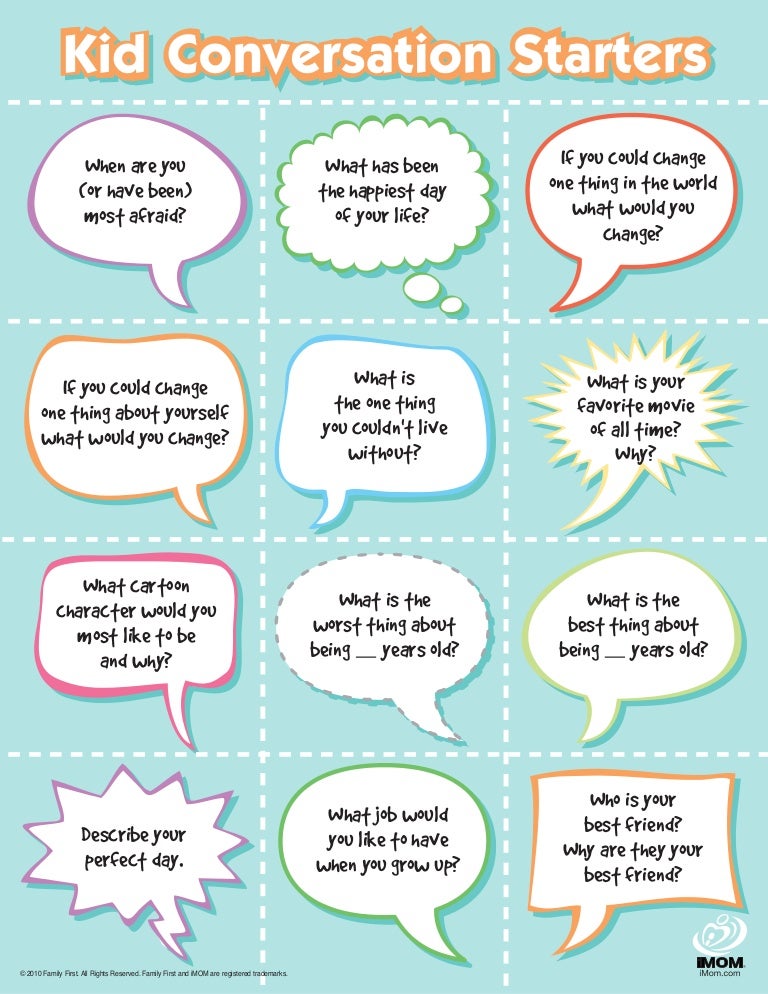
Unanswered messages-whether it's a text convo with your crush, a group chat that none of your friends responds to, or a hopeful conversation starter on Tinder-are just one more way living in this digital age can make you feel all-caps crappy.īut unlike those first two examples, when it comes to dating-app conversation starters and Tinder openers, there's some art involved-and it's incredibly important. If a student is interested in going to graduate school, talk about your experience and let them ask you questions.Who here likes to be left on read? Anyone? Nope, didn't think so. Once the class schedule for the next semester has been announced, you can talk with students about what they plan on taking the next semester, possibly steering them towards classes you think they might really like in your department. Discuss students’ plans for next semester.Have them take out one they did well on or one they were disappointed with and go over what you thought was really great about it and/or how you think they can improve. Ask students to bring their papers or exams with them to office hours. Go over past course work with students.If they feel they aren’t meeting their goals, brainstorm with them about ways that they could do that, including asking them about how they read, how they study, how far before the due date they start writing papers for the class, what teaching techniques work well for them that you could try to include more of, etc. Ask them what their goals were for the course and whether they feel like they are meeting them. Talk with students about their progress in the course.These stories often reveal a lot about what sort of student they will be and how you can best reach them as a teacher. Ask students how they got interested in the subject area or the specific topic for the class.Ask students about why they signed up for the class and whether there are any aspects of the class or syllabus that they are especially excited about.

Starting conversations how to#
Do you have any plans on how to get better at this during the semester? Would you like to brainstorm some ways to get better at meeting deadlines?”) (“I see here that you say completing work on time is hard for you. This can be a great starter for conversation in office hours. This information sheet or survey can ask about their background in the subject area, what they hope to learn in the class, their known academic weaknesses (things they would like to get better at during the class), and their outside activities or hobbies. If you have students fill out an information sheet or pre-semester survey at the beginning of the term, you can use their responses as a starting point.This may give you a better sense of their current skills and knowledge, as well as expectations they may hold for your course. Ask students to talk about their previous academic experience.What happens, however, if students don’t bring questions? Below are some ideas about how to start up a conversation with students in office hours. Many GSIs require students to attend office hours as a way to enhance the learning process.

Starting conversations professional#
Faculty Advisers for GSI Affairs & Professional Developers of GSIsīased on a handout by Laurel Westbrook, PhD, Sociology.Support for Pedagogy Courses for First-Time GSIs.Language & Teaching Resources for International GSIs.Campus Resources for Teaching & Learning.Fostering Your Professional Development.



 0 kommentar(er)
0 kommentar(er)
